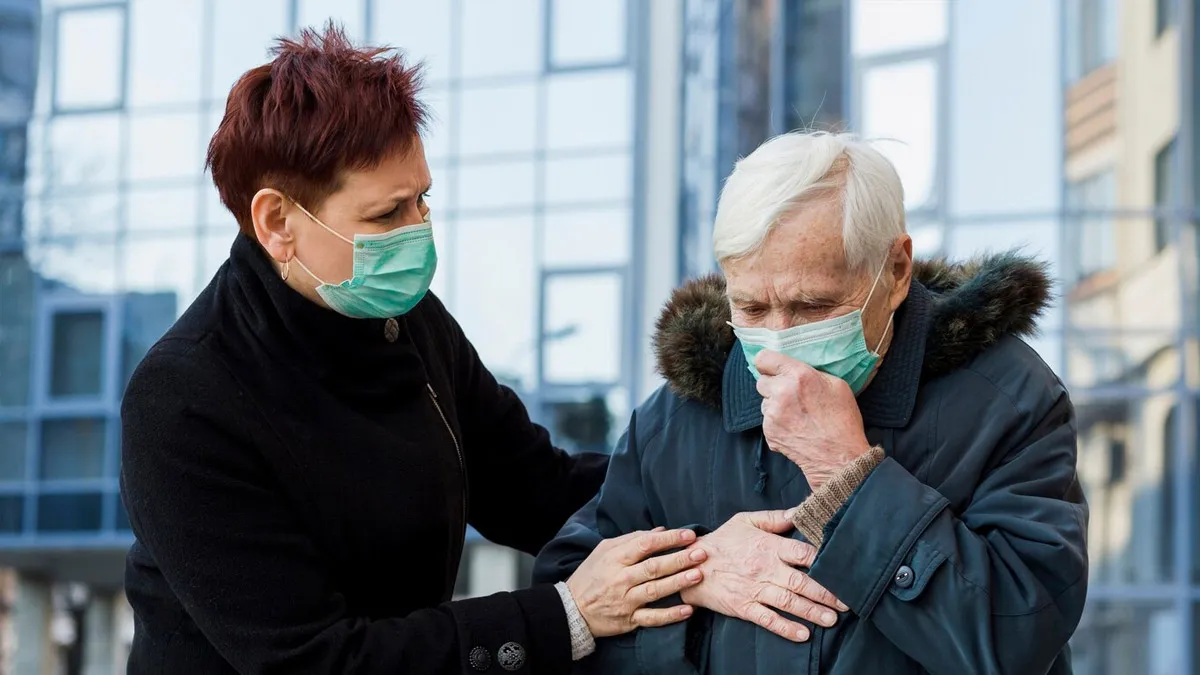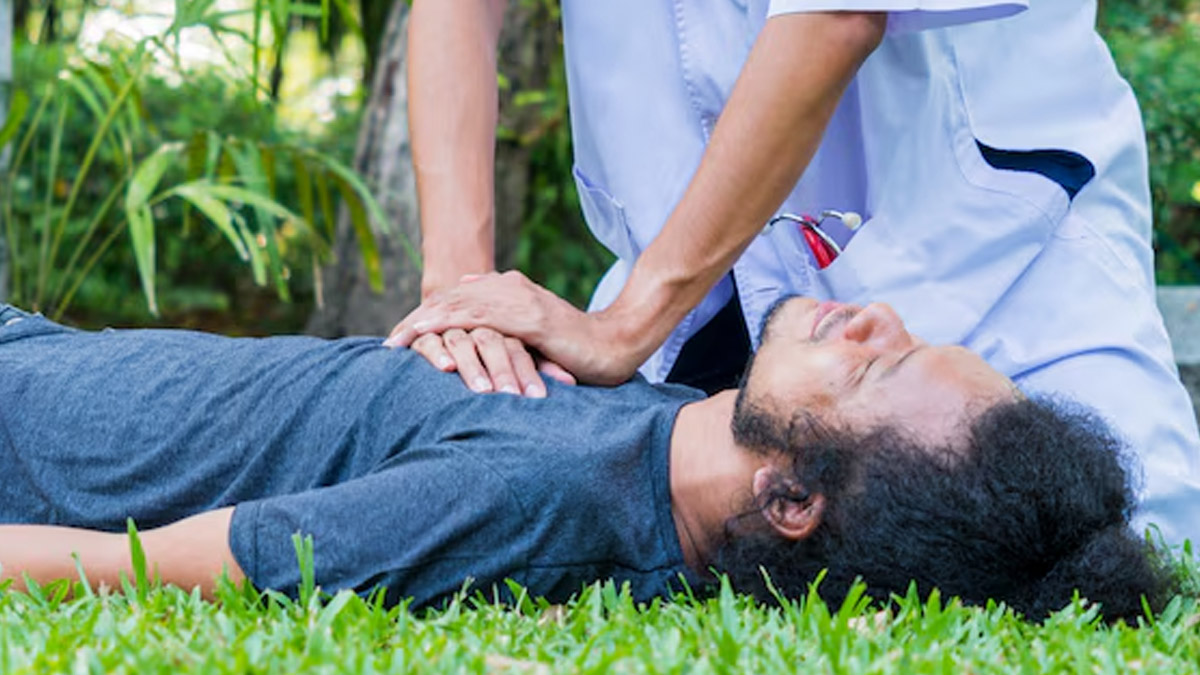
Heart attack is one of the leading causes of death worldwide. A person suffers a heart attack when the supply of oxygen and blood are blocked in the arteries due to the build up of plaque in these vessels that act as carriers of blood and oxygen for the heart. This plaque develops due to the presence of fatty and cholesterol deposits that form over time creating clots in the arteries, which in turn block the supply chain and may cause tissue damage in the heart. However, according to the experts, prompt action can prevent a lot of the deaths that happen because of heart attacks. And given the rise of heart attacks in India lately, especially among the younger generation, it is always better to be safe than sorry, and by safe we mean prepared. So, what do you do when you or someone you know is having a heart attack? What should be your immediate response and what are the mistakes you should avoid? Let us find out!
Table of Content:-
What To Do In A Heart Attack Situation?
According to Dr Amit Anand, Cardiologist, The New City Hospital, Haryana, the first thing is to be sure that someone is having a heart attack. Although some of the symptoms overlap with other conditions, it is important to be aware of what to look for:
What Are The Symptoms Of A Heart Attack?
“The symptoms that accompany a heart attack will vary from one person to another. For some people, the symptoms are minor; for others, the symptoms are severe; while in rare cases, some people do not have any symptoms at all,” says Dr Anand.
Also Read: Total Arterial Bypass Surgery: Is It The New Gold Standard In Heart Care?

Typical heart attack symptoms include:
- Chest discomfort that may feel like pressure, squeezing, tightness, pain or aching
- Pain in the shoulder, arm, back, neck, jaw, teeth or sometimes the top of the belly may feel mild to extreme paint
- Cold Sweat
- Fatigue
- Burning or acidity in stomach (indigestion)
- Lightheadedness or sudden dizziness
- Extreme Nausea
- Shortness of breath
- skin and their lips may have a blue tinge
- a rapid, weak or irregular pulse
- Dizziness
- Collapsing
“For women, they may have symptoms that present as more atypical or brief, such as: sharp pain in the neck, arm or back. While you may hear of some heart attacks occurring suddenly, many of the people who experience them sometimes have warning signs and symptoms that occur for hours, days, or weeks beforehand. If you have angina, which is chest pressure or pain, that is recurring and does not rest, then this is a warning sign for you. Angina is caused by the heart receiving less blood flow for a period of time and is temporary,”
What Should Be Your Course Of Action During A Heart Attack?
Call An Ambulance
“This goes without saying,” says Dr Anand. Unless you are a trained medical professional or a doctor yourself, always the medical emergency numbers. In the US, the number is 911 and in India, it is 102, however, if you think there is a faster option to get them to a hospital quicker, take it, as time is of the essence.
Sit and Re-Assure
While you wait for the help to arrive, help them sit, ideally on the floor with knees bent and back straight against the wall, if it is possible. While you are at it, it is also important to not panic, and reassure the person who is suffering that they are going to be alright.
Aspirin
Unless someone is younger than 16 years of age or is specifically allergic to aspirin, a 300 mg dose would help.
Try To Address The Chest Pain
Inquire if the individual is prescribed any chest pain medications, like nitroglycerin for a known heart condition, and if so, assist them in getting the medication and loosening any tight clothing.
What If they Are Unconscious?
If someone having a heart attack is unconscious, unresponsive or has a negligible or no pulse at all, it means they are either having a cardiac arrest or going into a shock, in that case perform A cardiopulmonary resuscitation (CPR) or if an automated external defibrillator (AED) is immediately available, one can follow the instructions on the AED device or google for the best use.
Also Read: Bystander To Lifesaver: Steps To Follow In An Emergency To Save Lives

Do Nots
- Never leave the person unattended unless you have to call for help
- Never allow the person to dismiss the signs and symptoms and convince you not to call the emergency services
- Never wait and see if the symptoms fade away.
- Never give the person anything by mouth unless they have been prescribed a heart medicine (like nitroglycerin).
Bottomline
Time is of the essence when it comes to a heart attack. According to research, prompt action tremendously increases the odds of survival for the person suffering from a heart attack. However, the first preference should always be to get professional medical help.
Also watch this video
How we keep this article up to date:
We work with experts and keep a close eye on the latest in health and wellness. Whenever there is a new research or helpful information, we update our articles with accurate and useful advice.
Current Version